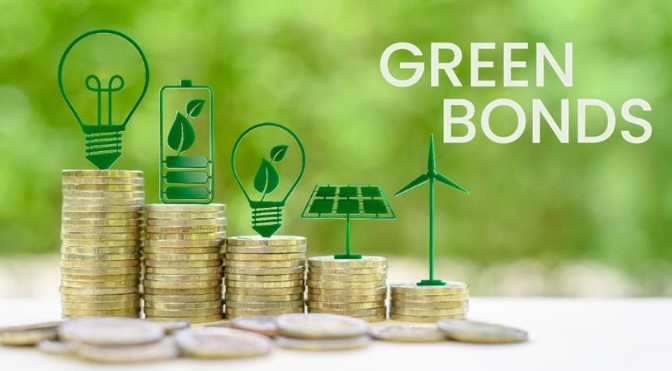In its latest monthly Energy Analysis bulletin for the Greek market, the Institute of Energy for SE Europe (IENE) reported that in January 2023 Greece had zero gas deliveries from Russia, with which, through Gazprom has a number of long term gas supply contracts. Besides, the flow of natural gas from Russia to Greece was significantly reduced throughout the year, as shown in the Institute's annual analysis of the Greece’s Energy Market in 2022.
In particular, there were zero gas imports from the Sidirokastro entry point in January 2023, which means that there were no Russian gas imports into Greece during the previous month. Instead, natural gas quantities derived from LNG were exported to Bulgaria and other neighboring countries through the Sidirokastro entry point using reverse flow.
Thus, in January the total deliveries of imported gas in Greece which relies 100% on imports reached 5.1 TWh or 5.1 bcma, of which 22.0% entered via the Nea Mesimvria entry point (TAP pipeline), 1.0% via the Greek -Turkish pipeline interconnector at Kipoi in Evros, while 77.0% came from LNG through the Revithoussa terminal. In fact, as highlighted in the Monthly Analysis (Energy Analysis Bulletin 305 – February 2022), the contribution of LNG to Greece's total imported natural gas in January was one of the highest percentages seen in recent years. This underscores the strategic role that LNG is now playing, and is expected to play even more, in the country's energy mix over the coming years.
The above figures demonstrate that Greece has the ability not only to achieve energy independence from Russia but also to support neighboring Balkan countries through gas exports. As the Annual Analysis of IENE for 2022 points out (Energy Analysis Bulletin 302 – January 2022), last year Greece exported 29.54 TWh to neighboring countries - mainly through Sidirokastro (in reverse flow) and IGB – corresponding to 34.27% of the total gas quantities received by the country in 2022.
From the above analysis it follows that, in 2022, gas imports from Russia via Sidirokastro corresponded to 14% of Greece's total gas imports, a percentage significantly reduced compared to 2021, which amounted to 40%. But also the total imports of natural gas were reduced in 2022 compared to the previous year by 12%, reaching 62 TWh, being very close to the levels of 2020 (63 TWh), a year with reduced consumption due to coronavirus measures.
As for the origin of the rest of natural gas imports in 2022, 4.0% of them were imported from Turkey (Turkish Basket) through the Kipoi entry point, 20.0% from the New Mesimvria gate - with gas coming from Azerbaijan transmitted via the TANAP-TAP pipeline system - while the lion's share (62%) derived from LNG via the Agia Triada gate, coming from the neighboring Revithoussa terminal. The significant contribution of LNG in 2022 is considered one of the highest in recent years, underscoring the critical role that this fuel is already fulfilling and is expected to in the future.




